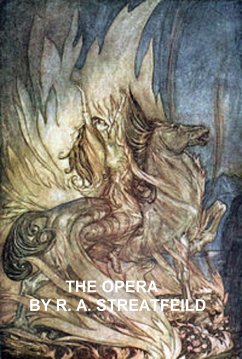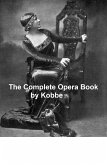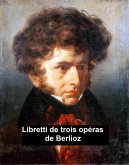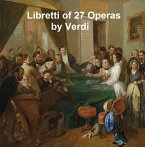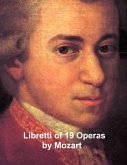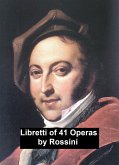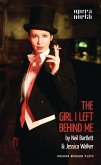"If Music be, among the arts, 'Heaven's youngest-teemed star', the latest of the art-forms she herself has brought forth is unquestionably Opera. Three hundred years does not at first seem a very short time, but it is not long when it covers the whole period of the inception, development, and what certainly looks like the decadence, of an important branch of man's artistic industry. The art of painting has taken at least twice as long to develop; yet the three centuries from Monteverde to Debussy cover as great a distance as that which separates Cimabue from Degas. In operatic history, revolutions, which in other arts have not been accomplished in several generations, have got themselves completed, and indeed almost forgotten, in the course of a few years. Twenty-five years ago, for example, Wagner's maturer works were regarded, by the more charitable of those who did not admire them, as intelligible only to the few enthusiasts who had devoted years of study to the unraveling of their mysteries; the world in general looked askance at the 'Wagnerians', as they were called, and professed to consider the shyly-confessed admiration of the amateurs as a mere affectation. In that time we have seen the tables turned, and now there is no more certain way for a manager to secure a full house than by announcing one of these very works. An even shorter period covers the latest Italian renaissance of music, the feverish excitement into which the public was thrown by one of its most blatant productions, and the collapse of a set of composers who were at one time hailed as regenerators of their country's art."
Dieser Download kann aus rechtlichen Gründen nur mit Rechnungsadresse in A, B, BG, CY, CZ, D, DK, EW, E, FIN, F, GR, H, IRL, I, LT, L, LR, M, NL, PL, P, R, S, SLO, SK ausgeliefert werden.

